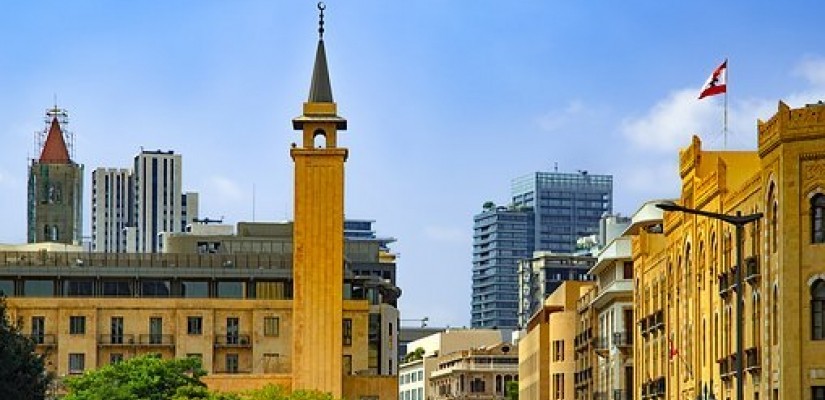
Protests and political deadlock have been prevalent in Lebanon after Mr. Saad Hariri resigned as Prime Minister in October in response to mass protests over corruption and mismanagement. Last month, the Hezbollah and its allies chose university professor Hassan Diab as the new Prime Minister, who has after a month, elected a cabinet, filled with some technocrats but primarily political elites. Although the political deadlock has ended, demonstrations persist. The Lebanese people are increasingly dissatisfied with the government’s failure to meet their demands for substantial change, as the cycle of patronage and corruption that has pushed Lebanon further into its worst economic crisis in history continues. More than 460 people were injured over the weekend, as protestors attempted to invade the parliament building and vandalized property, to which police retaliated forcefully.
The new Hezbollah-backed government raises concerns about the country’s political and economic outlook. Western countries are traditionally opposed to Hezbollah, and may consequently withhold the international aid that Lebanon drastically needs as its economic situation continues to deteriorate. Lebanon is grappling with enormous debt, high unemployment, and weak infrastructure. The current Hezbollah-backed government supporting existing political elites poses great potential risk and instability both on a domestic and international level.
